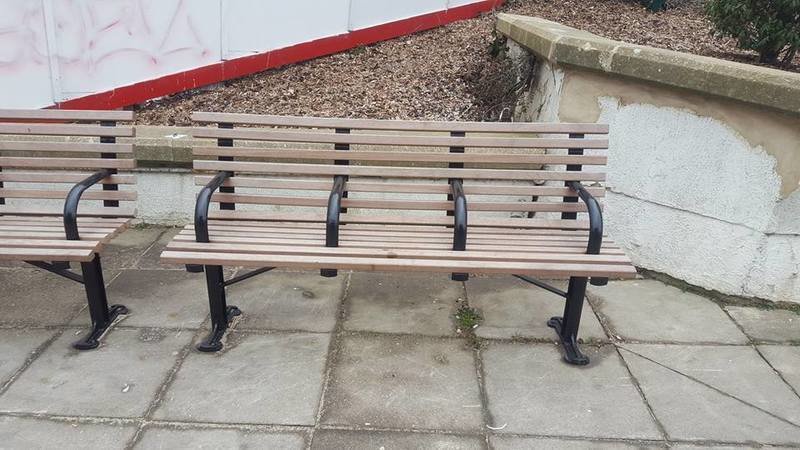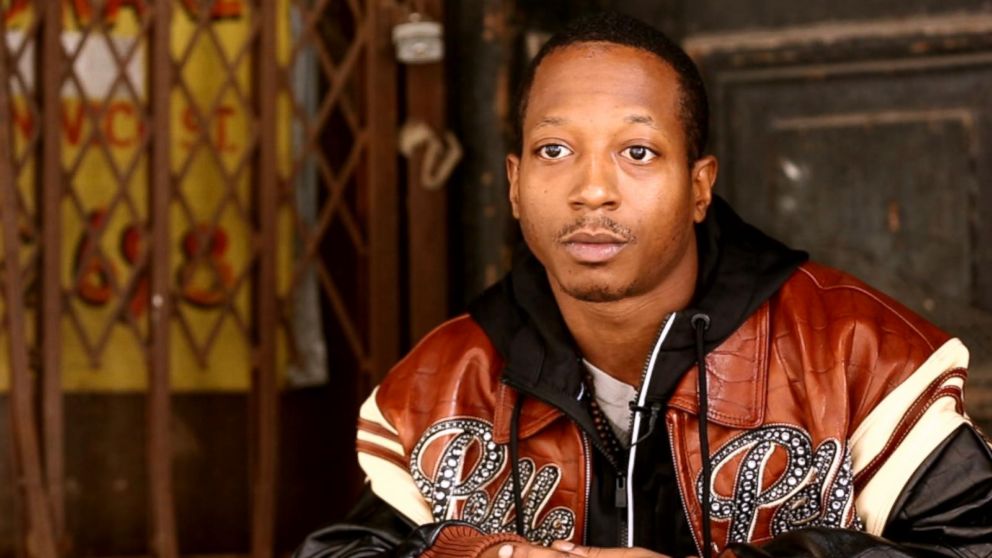By: Rafeeat Bishi
When we think of Canada with think of the anti-thesis of America, or what America should be. But from the accounts of many Indigenous Canadians, there are many systemic issues that Canada needs to work through. Especially it's the treatment of the indigenous peoples. This post, however, is more about the actions of one aloof couple.As more and more people are looking for the best ways to isolate and avoid the virus, one couple thought it would be smart to go north of the Article Circle to seek refuge. Rightfully, they were turned away from the Chief of a tribe in the Yukon. According to an article they sold everything they owned and went straight there.
Some Indigenous Canadians described being equipped to self-isolate and live off-land, with supplies being delivered periodically. So it makes sense for them to stay on their land. However, some communities, like the one in the Yukon, do not have medical doctors and have elderly populations with underlying conditions.
 I think this is an example of pure ignorance and disrespect. Not only have these people asked others to stay away from the land they're entitled to, but what made these people think they would immediately be given refuge unannounced? I understand that fear can lead to irrational decision-making. But I mean really??
I think this is an example of pure ignorance and disrespect. Not only have these people asked others to stay away from the land they're entitled to, but what made these people think they would immediately be given refuge unannounced? I understand that fear can lead to irrational decision-making. But I mean really??People compared this to the way Europeans have historically spread diseases to Native populations all over, ultimately killing them off, because they felt they were entitled to a place on the Natives' land.
If people like the couple were informed of the difference in mortality rates for Black, Indigenous and other POC, maybe they would've reconsidered their decision to go to the community.
Also: I read that missionaries think this is the time to spread religion to Indigenous communities. -_-.
Also also: Watch Something's in the Water on Netflix. My queen Ellen Page documents environmental racism in Canada and how it impacts Indigenous communities.






